Honoring World Alzheimer’s Day: Shining a Light on Memory and Hope
Today, we come together to commemorate World Alzheimer’s Day, a day of global awareness and unity in the fight against Alzheimer’s disease. It’s a day to recognize the impact of this devastating condition on individuals, families, and communities, while also highlighting the importance of research, support, and understanding.
What is Alzheimer’s Disease?
Alzheimer’s disease is a progressive and irreversible brain disorder that affects memory, thinking, behavior, and ultimately, the ability to perform everyday tasks. This condition, which primarily affects older adults, is one of the leading causes of dementia worldwide. It not only robs individuals of their memories but also challenges their independence and alters their personalities.
Why World Alzheimer’s Day Matters
World Alzheimer’s Day serves several vital purposes:
- Awareness: It helps raise awareness about Alzheimer’s disease and other forms of dementia, reducing stigma and promoting understanding.
- Education: By providing information about Alzheimer’s, its symptoms, and its impact, this day empowers individuals and communities to take action.
- Support: World Alzheimer’s Day highlights the need for support and caregiving resources for both those living with Alzheimer’s and their caregivers. It acknowledges the emotional and physical toll this disease can take on families.
- Research: The day encourages funding and support for research aimed at finding better treatments and, ultimately, a cure for Alzheimer’s disease.
- Solidarity: It fosters a sense of global solidarity, emphasizing that Alzheimer’s affects millions of people worldwide, transcending borders and cultures.
Taking Action Against Alzheimer’s
- Raise Awareness: Share information about Alzheimer’s disease on social media, engage in conversations, and help dispel myths and misconceptions.
- Support Alzheimer’s Organizations: Consider donating to organizations dedicated to Alzheimer’s research and caregiving, or volunteer your time to support those affected by the disease.
- Stay Informed: Stay up-to-date with the latest developments in Alzheimer’s research and treatment options. Knowledge is a powerful tool in the fight against this disease.
- Offer Compassion: If you know someone living with Alzheimer’s or their caregiver, offer your support, understanding, and compassion. Even small acts of kindness can make a significant difference.
- Advocate: Join advocacy efforts to encourage governments and healthcare systems to prioritize Alzheimer’s research, care, and support.
Hope for the Future
While Alzheimer’s disease presents immense challenges, it is essential to remember that there is hope. Scientific advancements are being made, and every dollar invested in research brings us one step closer to understanding and ultimately conquering this condition.
On this World Alzheimer’s Day, let us remember those affected by Alzheimer’s, honor their resilience, and work together as a global community to create a world where memories are cherished and Alzheimer’s becomes a distant memory. Together, we can make a difference, one step, one memory, and one day at a time. 💙 #WorldAlzheimersDay #EndAlzheimers



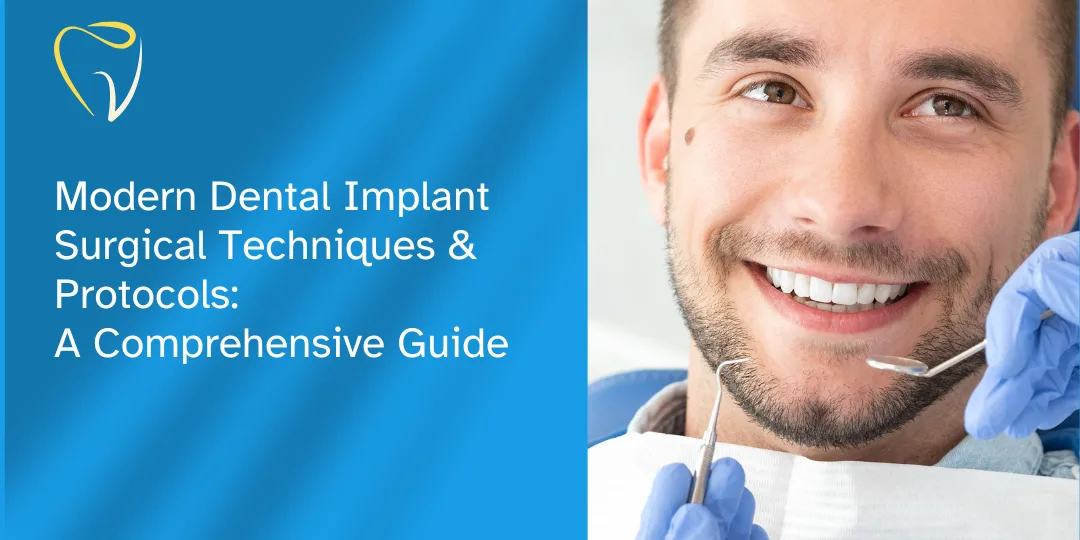
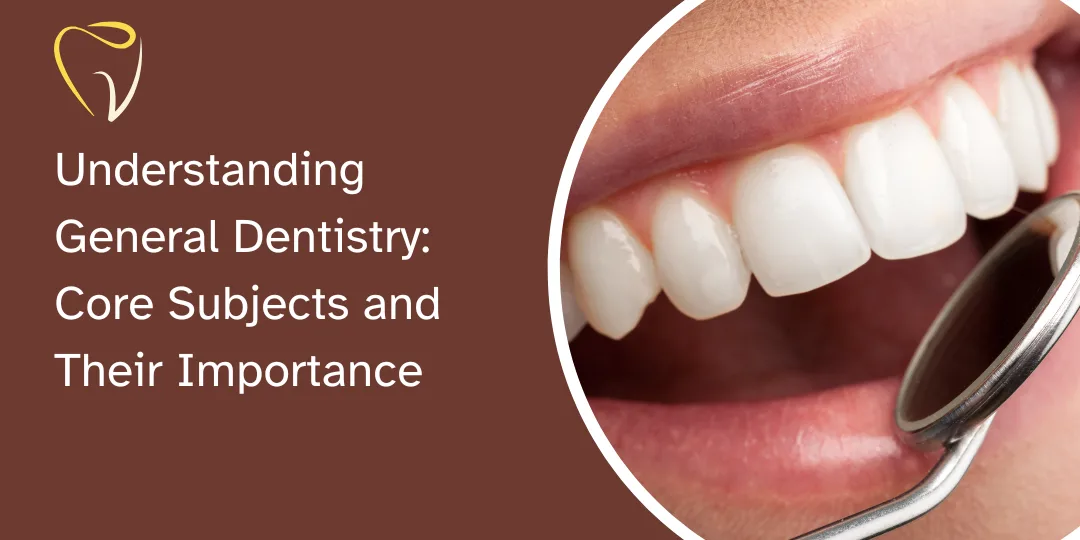
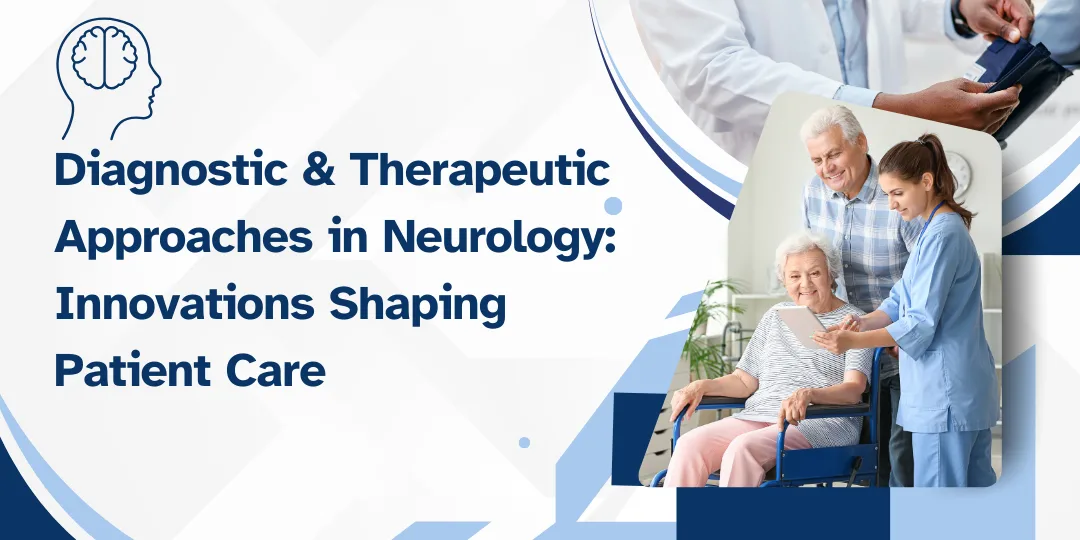
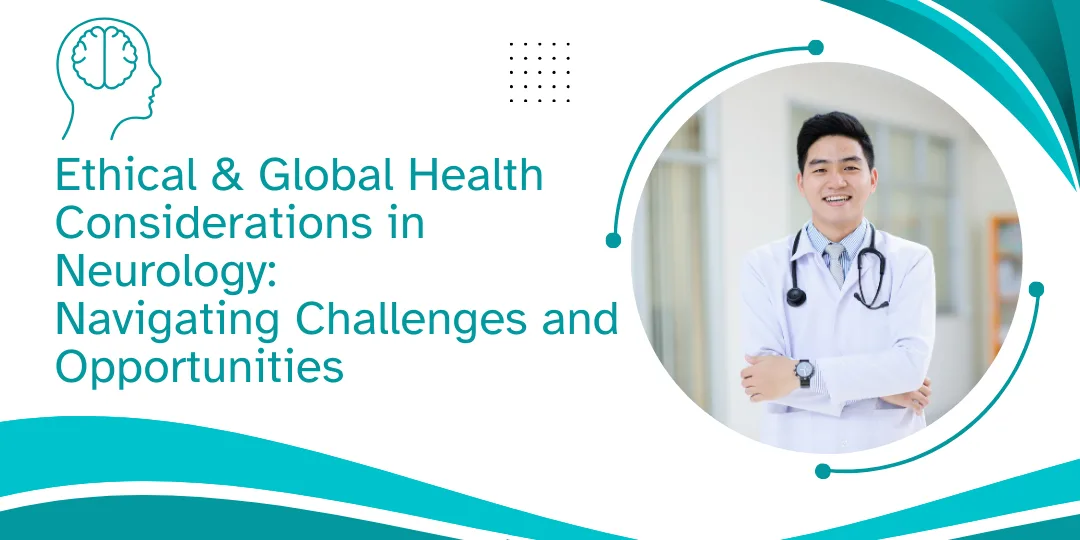
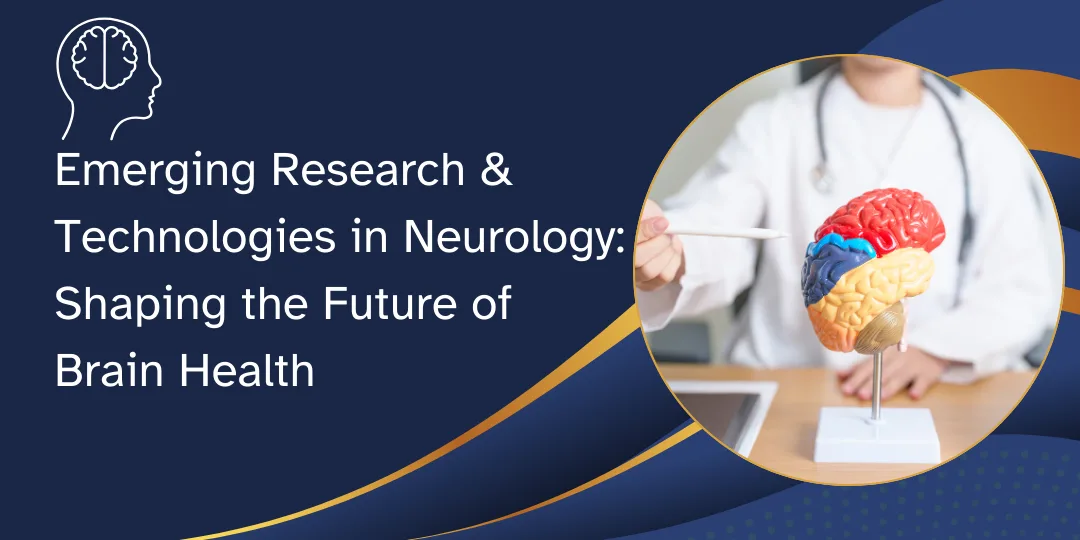
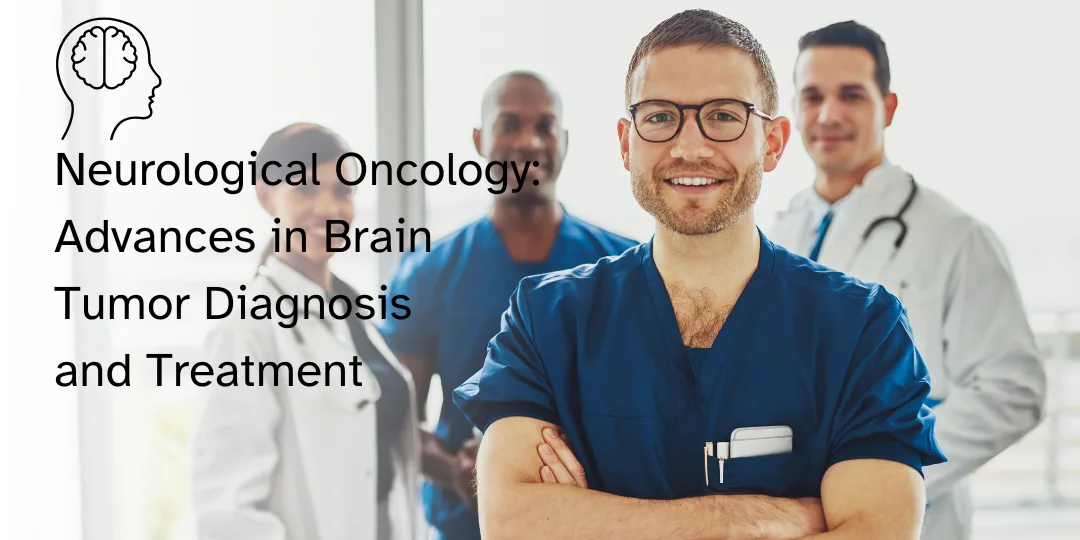
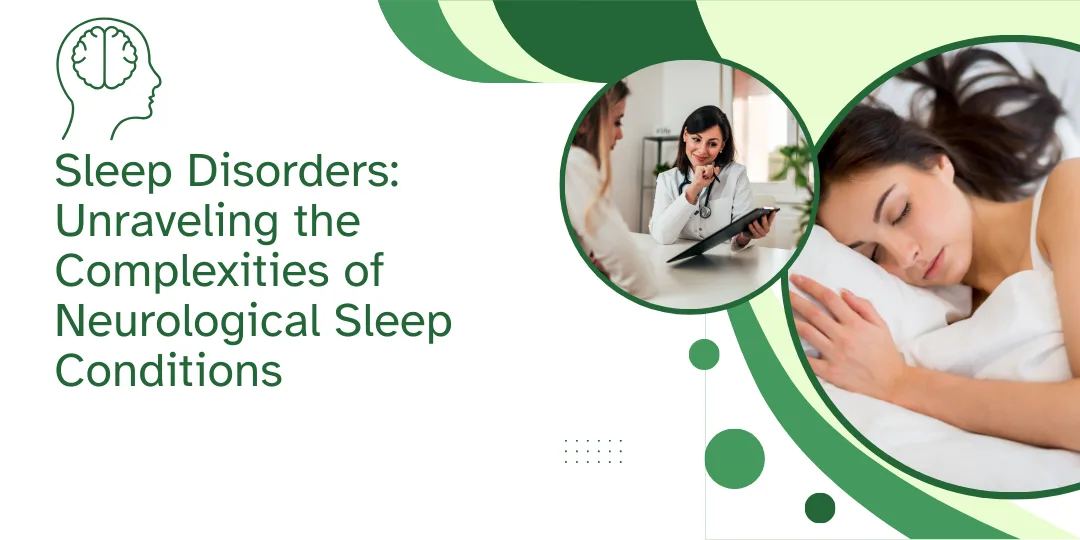
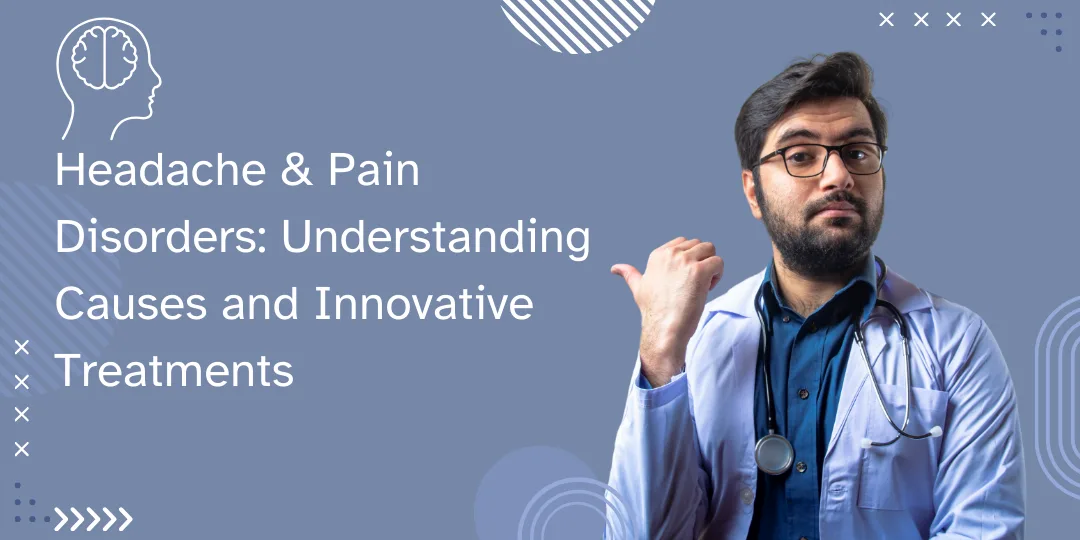
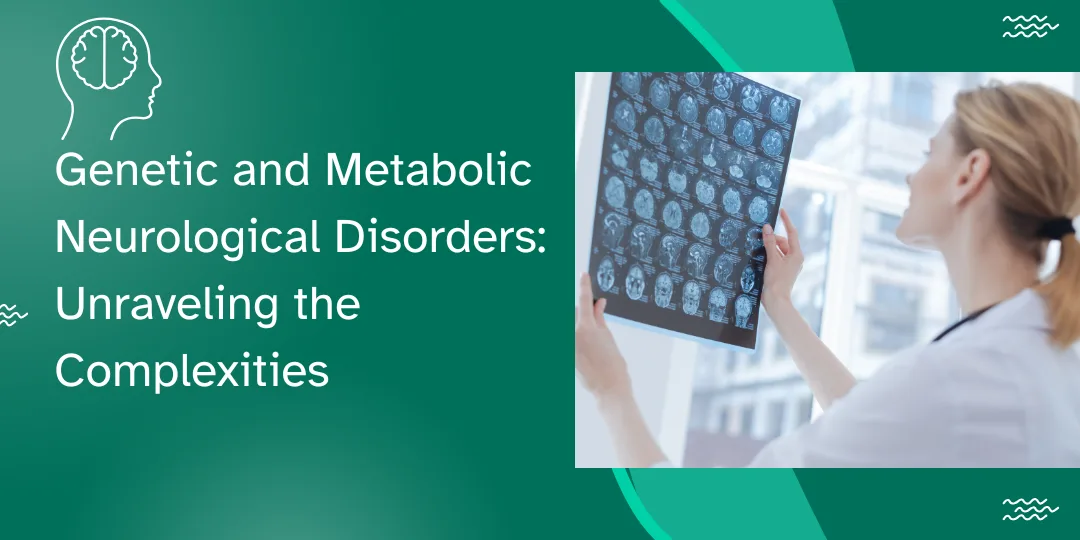
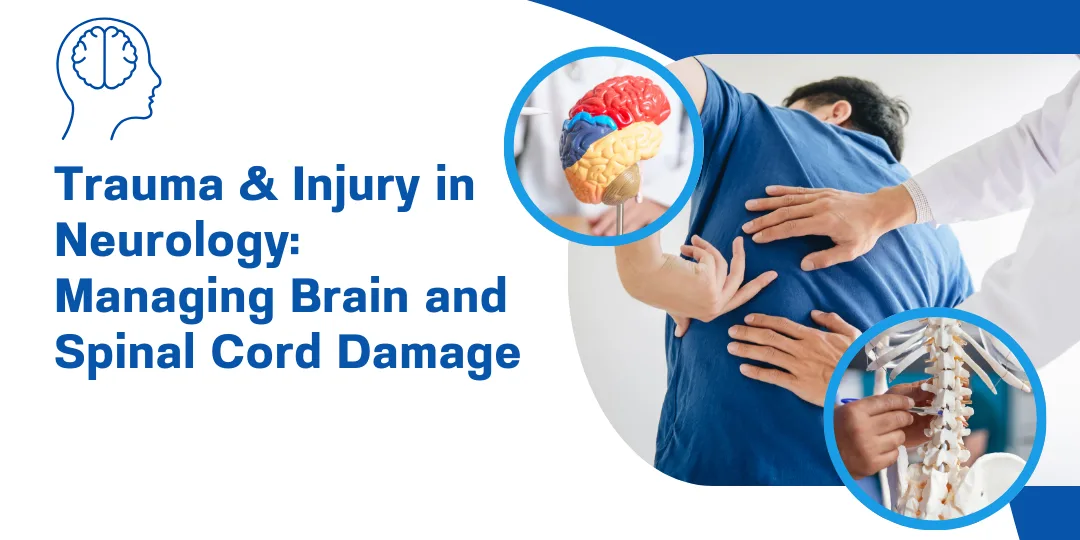
0 Comments